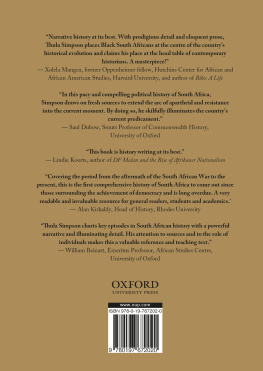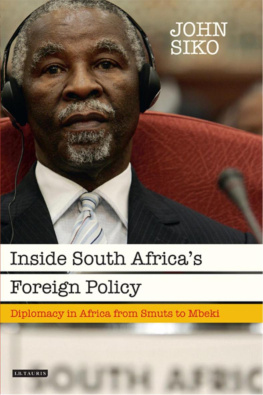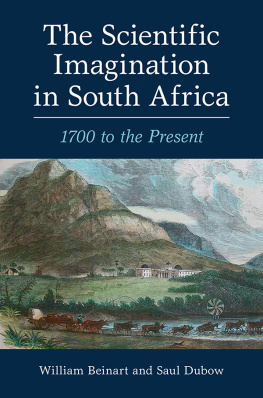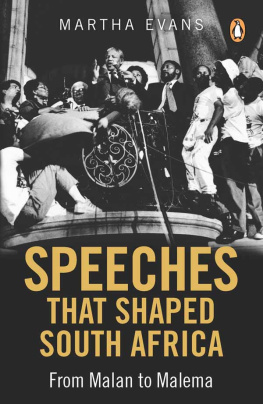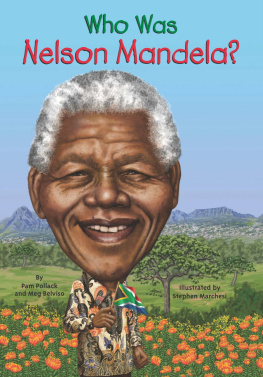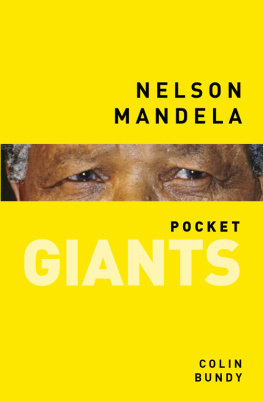Table of Contents

Praise for History of South Africa
History of South Africa is a very readable and invaluable resource for general readers, students and academics. Covering the period from the aftermath of the South African War to the present, it is the first comprehensive history of South Africa to come out since those surrounding the achievement of democracy and is long overdue.
Alan Kirkaldy, Rhodes University
Praise for Umkhonto we Sizwe
Simpsons book is a magnificent achievement, based on thousands of interviews, and recounting what happened at all levels in an almost day-by-day way. Sometimes it feels as though one is right there, trudging through the bush with the barely prepared soldiers, or flitting back and forth across various borders with committed and persistent infiltrators, or setting bombs with the later saboteurs in the streets of South Africas cities.
Shaun de Waal, Mail & Guardian
For romantics like me who naively believed armed insurrection was an option for South Africa, Umkhonto we Sizwe: The ANCs Armed Struggle by Thula Simpson is for you. Through the eyes and experiences of real soldiers and real commanders, Simpson tells the story of the peoples army without over-glorifying its history and achievements.
Mondli Makhanya, City Press (Books of the Year)
True to the military genre, the present-tense narrative bloods the reader directly in the heat of the action with a vantage point from all operational angles .
This is not a glorified hagiography of Umkhonto We Sizwe or the armed struggle. It respectfully treads the terrain of botched operations, leadership and command failures, ill-discipline and corruption in a matter-of-fact manner, depicting the historical dialectic of the armed struggle as a whole, with all its internal contradictions, without judgemental hindsight.
Jeremy Veary, New Agenda
Simpson has given us what is undoubtedly the richest collection of incident and claim assembled about MK.
Most of the book consists of accounts of attacks, firefights, bombings, the capture of fighters, disputes within the ANC and MK, and cruelties on both sides. The accounts are drawn from, among others, interviews with MK fighters, court records and other scholars .
Simpson writes each in the historic present tense. This style puts the reader inside the situation being described, which enhances the drama and readability. It will please the scholar looking for more empirical detail and others, adult or child, who want to know how things happened.
Howard Barrell, The Conversation
This recent and massive tome identifies [an] extraordinary number of incidents involving MK.
Ronnie Kasrils, Daily Maverick
[A] text that illuminates the many operations, trials, mistakes and challenges the ANC guerrillas faced as they duelled, often in the shadows, with the apartheid state. Furthermore, it is an excellent chronological history of MKs armed struggle . Through his rich engagement with primary sources gleaned from government, security force and liberation movement archives and personal accounts, Simpson offers as balanced an account as possible of the many operations of MK.
Toivo Asheeke, Social Dynamics
A straight factual narrative of the three decades of Umkhonto we Sizwe told from the viewpoint of guerrilla fighters, policemen and soldiers on the ground. This history makes one painfully aware of the high proportion of fatalities and other casualties which are the inevitable trade-off which guerrilla war makes against the superior technology, budget, and other resources of a state.
This book is an antidote to the current revisionist fad of marginalising the armed struggle as irrelevant or trivial in our history.
Keith Gottschalk, African Independent
This is not a triumphalist narrative depicting an inevitable popular victory over the evil apartheid system. Rather it is a painstaking assembly of incidents and events, from forgotten beginnings in the 1950s to the never-to-be forgotten glory of the 1994 democratic elections.
The work is so comprehensive and takes such a ground-up approach that the great diversity of voices excludes bias. Simpson more than achieves the required distance needed by an historian.
What Simpson has done with great success, and as a result of meticulous and comprehensive research, is to gather and link the widest range of diverse voices and reminiscences.
Graham Dominy, Pretoria News



Oxford University Press is a department of the
University of Oxford. It furthers the Universitys objective
of excellence in research, scholarship, and education
by publishing worldwide.
Oxford New York
Auckland Cape Town Dar es Salaam Hong Kong Karachi
Kuala Lumpur Madrid Melbourne Mexico City Nairobi
New Delhi Shanghai Taipei Toronto
With offices in
Argentina Austria Brazil Chile Czech Republic France Greece
Guatemala Hungary Italy Japan Poland Portugal Singapore
South Korea Switzerland Thailand Turkey Ukraine Vietnam
Oxford is a registered trade mark of Oxford University Press
in the UK and certain other countries.
Published in the United States of America by
Oxford University Press
198 Madison Avenue, New York, NY 10016
Copyright Thula Simpson 2022
All rights reserved. No part of this publication may be reproduced,
stored in a retrieval system, or transmitted, in any form or by any means,
without the prior permission in writing of Oxford University Press,
or as expressly permitted by law, by license, or under terms agreed with
the appropriate reproduction rights organization. Inquiries concerning
reproduction outside the scope of the above should be sent to the
Rights Department, Oxford University Press, at the address above.
You must not circulate this work in any other form
and you must impose this same condition on any acquirer.
Library of Congress Cataloging-in-Publication Data is available
Thula Simpson
History of South Africa
ISBN: 9780197672020
Printed in the United Kingdom on acid-free paper
To Genevieve
Contents
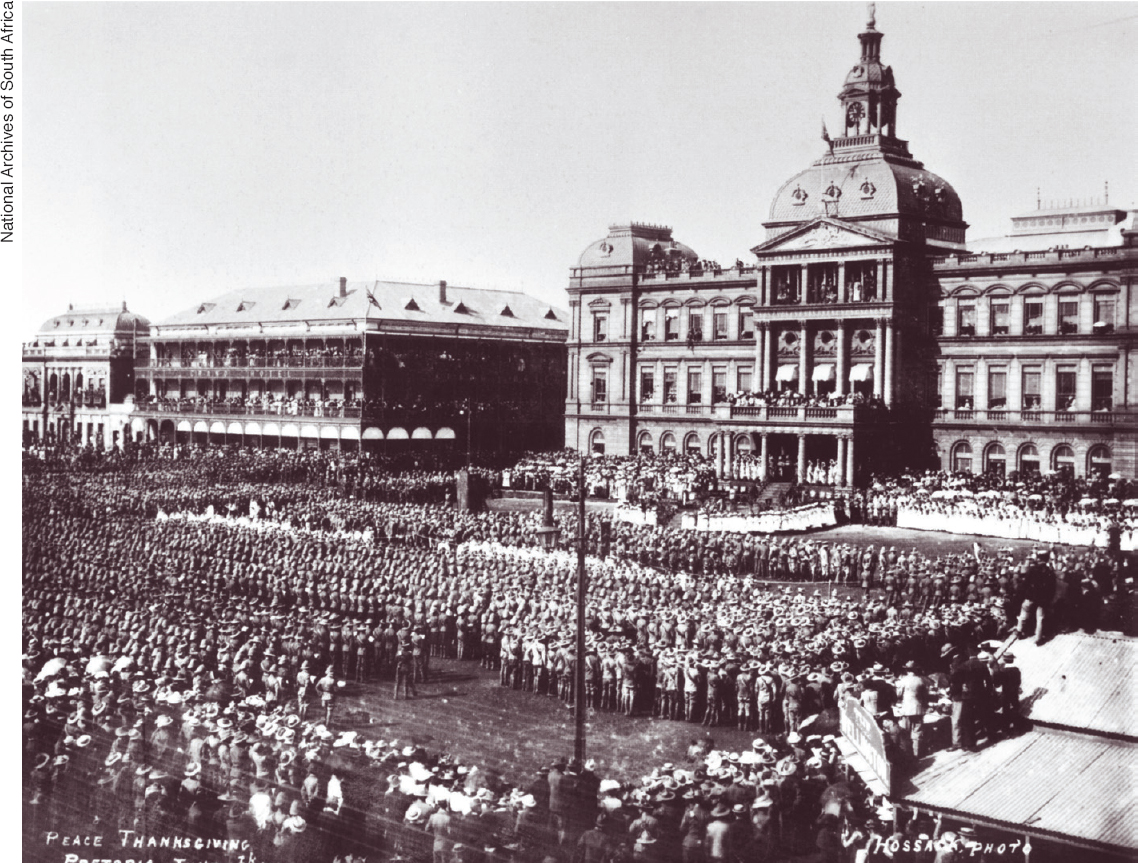
Peace thanksgiving service in Pretorias Church Square on 8 June 1902, commemorating the end of the Second Anglo-Boer War.
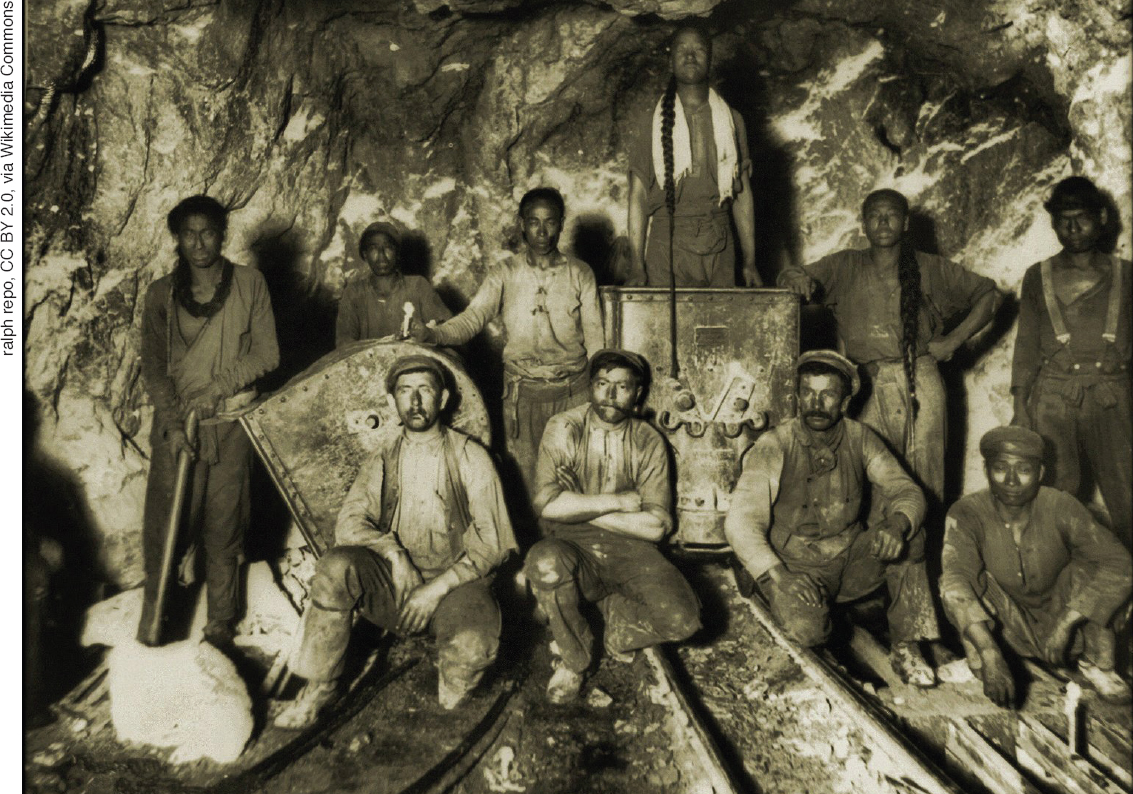
White overseers and Chinese labourers in a Transvaal gold mine. The Chinese miners were imported to address a post-war labour shortage; their long pigtails, visible in this picture, terrified the black Africans who were first called on to provide them instruction in rock drilling.
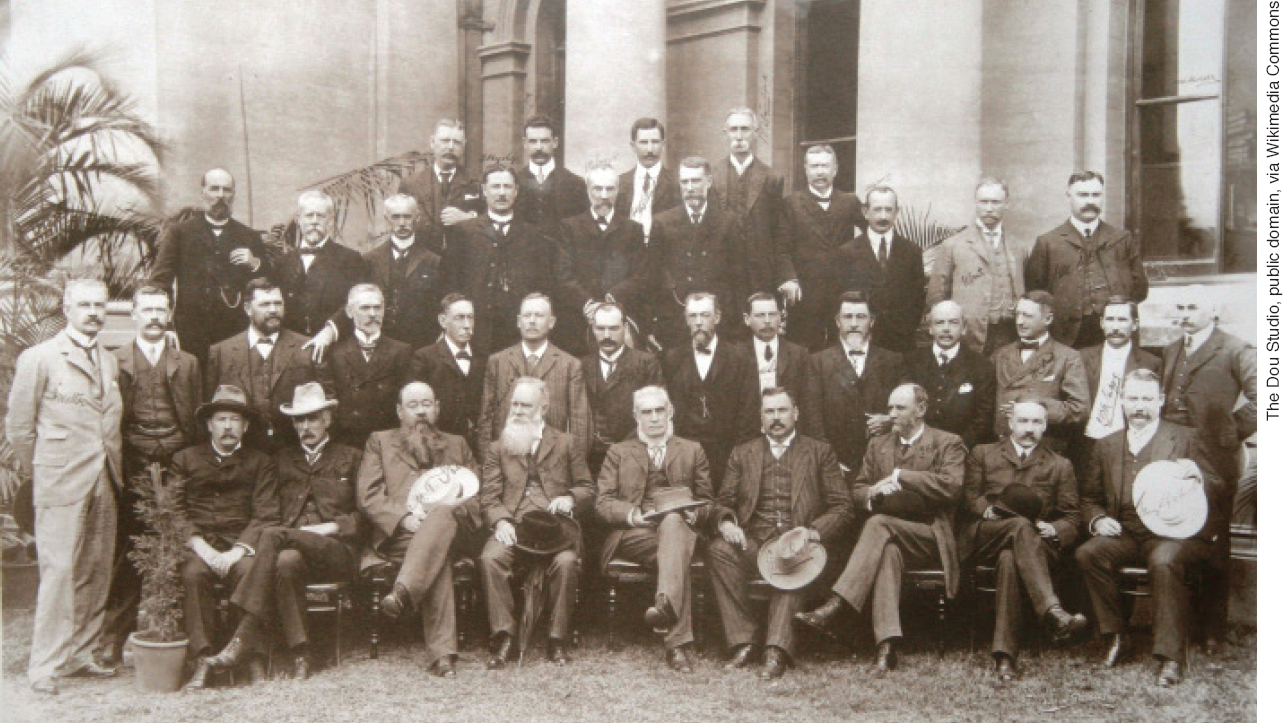
Delegates at the first sitting of the National Convention in Durban in October 1908. Bottom row (left to right):

